High Holidays in the Pandemic, Take Two
Atlanta synagogues are open for the High Holy Days with masks required, but livestreamed services are the norm for Reform and Conservative congregations.
In advance of the High Holy Days, Atlanta’s Reform and Conservative synagogues were prepping their technology to ensure that services throughout the month-long period are broadcast to congregants without a hitch.
For many, it was a welcome return to the sanctuary after a year of virtual davening.
Technology is prohibited during the High Holy Days under strict interpretations of Jewish law, so Orthodox congregations are readying their sanctuaries for services as usual — or at least the pandemic version.
Even plans made only weeks ago have been amended in light of the new COVID-19 Delta variant, as synagogues continue to navigate the ebb and flow of a global health crisis with at least a portion of their congregants vaccinated.
Atlanta Rabbinical Association President Alexandria Shuval-Weiner summarized the holiday preparations. As of mid-August, “all the synagogues with ARA rabbis at the helm will be offering a variety of service styles for the community from which individuals may choose, from livestream and Zoom to in-person sanctuary services to outdoor creative options,” she said.
“I think everyone is offering some form of an outdoor worship experience for children who are unable to be vaccinated.” The synagogue for which she serves as rabbi, Temple Beth Tikvah, is one of them. “For in-person, it seems that everyone is requiring masks to be worn while inside the facilities. Some, but not all, are requiring proof of vaccination to attend in-door services.
“Pikuach Nefesh [saving a life] is the overriding Jewish value that sits at the top of all our safety assessment agendas. As such, everyone is keeping a very close eye on the situation with the Delta variant and will adjust accordingly if safety demands a more stringent response.”
In comparison to the 2020 High Holy Day season, she said, “Last year most of us ‘produced’ and prerecorded the services to play at the appropriate times; others of us led services live from empty sanctuaries or Zoom windows from home. A small number held outdoor services in tents. This year very few, if any, will be prerecording; everything will be live with some congregants in-person.”
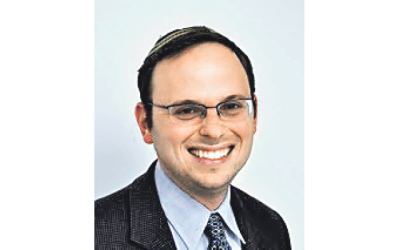
Congregation Ohr HaTorah was set to offer separate services for those comfortable wearing masks and those who prefer not to, with outdoor provisions as well. But, like other congregations requesting that the unvaccinated wear masks in the building, indoor mask requirements have become the norm, regardless of religious persuasion or vaccination status.
The website of the Toco Hills shul details the latest shift: “Masks are once again required indoors for everyone, regardless of vaccination status. Masks are optional outdoors for fully vaccinated individuals.” Multiple services help to stagger attendance, according to Rabbi Adam Starr.
Congregation B’nai Torah is “running our usual schedule of traditional services. Masks and proof of vaccination will be required, and we will be at reduced capacity to allow for some distancing,” said Rabbi Joshua Heller.
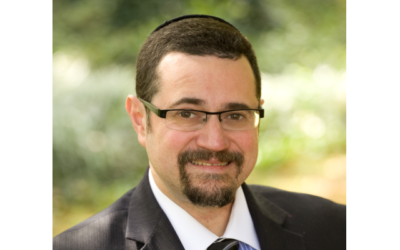
“Right now, registration is open to members only, and we will allow guests on a space-available basis,” he said.
“In short, we are offering indoor, outdoor and streamed options. Altogether, we are offering six different services each day of Rosh Hashanah, and eight different services over the course of Yom Kippur.
“We are offering four kinds of outdoor services for each holiday,” Heller elaborated. “These services last 1-2 hours, and are open to the community, pre-registration required.”
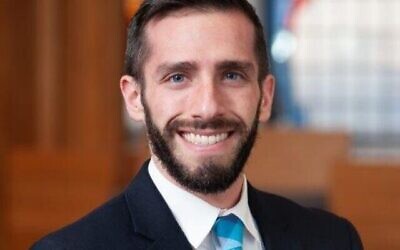
Family services for those with children in preschool through first grade will be available, as well as for those with children in kindergarten through sixth grade, along with an “enrichment” or interpretive service and a “highlights” service, which will be about an hour of the most important parts of the traditional service, Heller explained.
“All of the indoor services, and some of the outdoor services, will also be available as a stream.”
Aside from mask-on, mask-off scenarios and multiple services, some synagogues are providing hybrid participation options. Congregation Ahavath Achim has “hybrid study opportunities” throughout the holidays, according to Associate Rabbi Sam Blustin. The synagogue’s main services will be held in the sanctuary and will be made available virtually, with family programming outdoors in a tent, he said.
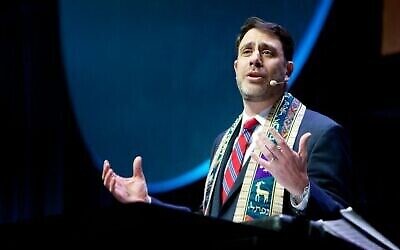
Rabbi Peter Berg of The Temple said the pandemic led to his synagogue becoming a “multi-access congregation” with virtual and in-person service options. This allows the congregation to “serve our members and the community wherever they may be.”
Cantorial soloist Susan Burden of Congregation B’nai Israel estimated in-person attendance to be slightly higher than virtual this year.
At Temple Emanu-El, Rabbi Spike Anderson expects about one-third of the congregation to attend via livestream. That option is available through Facebook or YouTube, according to the synagogue’s website. Services will be both virtual and in-person, with an outdoor option, too.
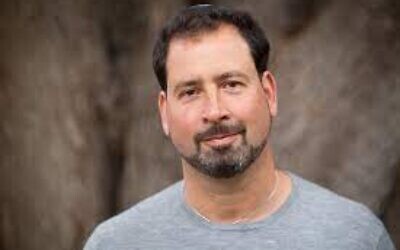
“We have space for 1,500, which we will only put 600 seats [out for], and since we are having more services than usual, we don’t anticipate more than 400 people at any one of our indoor services.”
All of the services from the bimah will be streamed, he explained, “and congregants will have the ability to either pick up their machzor at Temple Emanu-El or download the machzor from a PDF.”
Having congregants back in the sanctuary is quite different from 2020, Anderson said. “Last year we were strictly online-only, with the exception of the clergy, and those chanting Torah and haftarah.
“The chanters each had their own bimah, well-spaced away from the others. They would come in masked, unmask to chant, and then put their mask back on.”
Regardless of whether congregants attend or watch High Holy Days services, Anderson summed up the main goal: “prioritizing meaningful Torah and haftarah experiences despite the COVID safety measures.”
Visit the websites of Atlanta area synagogues to learn more about their specific high holiday plans.
- rosh hashanah
- Community
- Roni Robbins
- Congregation Ahavath Achim
- Peter Berg
- The Temple
- Masks
- High Holy Days
- Susan Burden
- Spike Anderson
- services
- pandemic
- Ohr HaTorah
- Temple Emanu-El
- Joshua Heller
- Alexandria Shuval-Weiner
- Congregation B'nai Torah
- Atlanta Rabbinical Association
- Sam Blustin
- Adam Starr
- Congregation Ohr HaTorah
- Atlanta
- Reform synagogues
- Conservative synagogues
- Technology
- COVID-19 Delta variant
- Livestream
- Zoom
- in-person sanctuary services
- outdoor creative options
- outdoor worship
- Pikuach Nefesh
- empty sanctuaries
- religious persuasion
- vaccination status
- toco hills
- Yom Kippur
- Family services
- children
- Preschool
- first grade
- youtube
- Bimah
- download
- machzor
- torah
- haftarah
- COVID



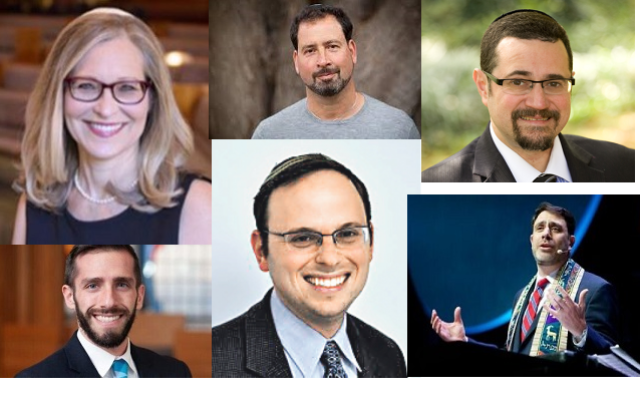
comments